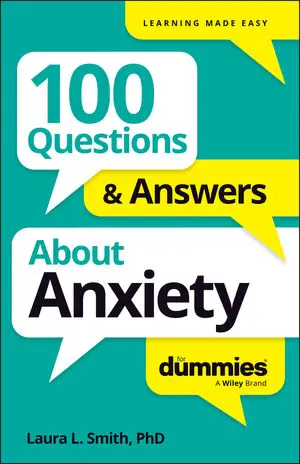When you find that you’re avoiding important life events or opportunities as a result of your anxiety, it’s time to take action. By taking small steps to change your behavior, you can overcome anxiety-inducing situations. To begin, try the following:
Analyze what you’re avoiding.
For example, if you’re afraid of social gatherings, think about every component of what you fear — talking, eating in front of others, the size of the crowd, losing control, and/or approaching other people.
Break your avoidance into little pieces.
For example, social gatherings come in all sizes and degrees of difficulty.
Rank those little pieces from least to most distressing.
You may not feel anxious about family gatherings, but the company picnic arouses a little more anxiety, and a party with people you don’t know well terrifies you.
Take small steps and conquer each one of the steps before moving on.
Any discomfort you feel at each step will soon pass if you give remain in the situation for a while.






